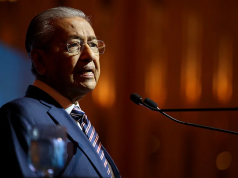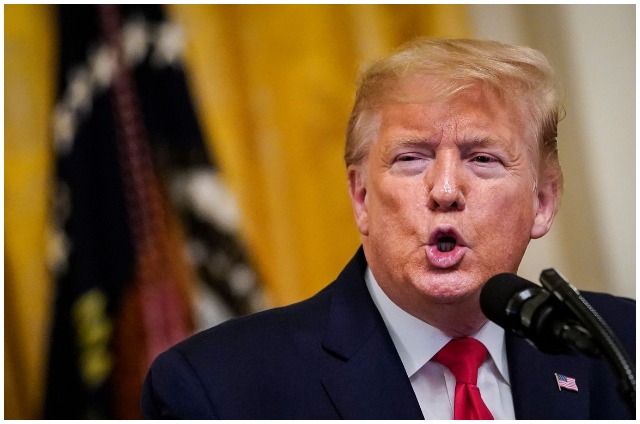London – Donald Trump’s election victory gave another huge boost to his social media presence, pushing his Twitter following to 14.7 million by Saturday, 3.7 million more than his rival, Hillary Clinton.
His following is still way below the 79 million enjoyed by President Barack Obama, but Trump heavily outscores both Clinton and Obama with 34,000 tweets since 2009.
He engaged in some strong exchanges with opponents during the campaign, culminating in the “3am spat” with former Miss Universe Alicia Machado in late September.
Trump’s campaign made “phenomenal use of Twitter,” much of it centred on his personal account, said Clodagh Harrington, an expert in US politics at De Montfort University Leicester.
“The thing that’s always struck me is that his rhetoric is perfect for Twitter,” Harrington told dpa.
“His sentences in person are like tweets,” she said. “He has very brief sentences. He says the same thing repeatedly…. stock phrases of ‘beautiful’ and ‘strong’ and whatever.”
Harrington said Trump’s overnight Twitter row with Machado was “not seemly, not presidential,” but she noted that he seemed to be “moving away from the inflammatory rhetoric” since then.
Some US media have speculated that his advisers intervened after the spat with Machado.
Yet personal tweets were only part of the picture as political bots – automated social media accounts – dispatched a huge volume of pro-Trump and pro-Clinton tweets during the election campaign, according to the international Project on Computational Propaganda.
The Computational Propaganda team analysed millions of tweets spanning three presidential debates. It concluded that “highly automated pro-Trump bots” generated four times as many tweets as the similar pro-Clinton accounts, rising to seven times as many tweets in the final debate.
Categorized by hashtag, 47 per cent of 6 million tweets around the third debate were pro-Trump, 31 per cent were considered neutral, and only 10 per cent were pro-Clinton, it said.
Throughout the election campaign, most opinion polls and political commentators – with the notable exception of left-wing documentary maker Michael Moore – had forecast a Clinton victory.
But social media analysts who monitored online activity were sure Trump would win.
Richard Dron, an information technology and social media expert at the University of Salford, said he expected a Trump victory after analysing data visualization and logging the size of “polarized crowds” on social media.
“The same pattern emerged on social media when we examined the EU referendum campaigns [in Britain],” Dron wrote in a blog post.
After eight months of monitoring the “Trump Twittersphere” daily, Zeynep Tufekci, a US-based scholar and writer on social media, said she found “a world of wild falsehoods and some truth.”
“Mr Trump’s rise is actually a symptom of the mass media’s growing weakness, especially in controlling the limits of what it is acceptable to say,” Tufekci wrote in the New York Times earlier this year.
She investigated some of the millions of Trump followers who had viewed his tweets, plus the bot-fed retweets and responses, and spread them to their wider networks.
Many of the Trump followers said they “no longer trust any big institutions, whether political parties or media outlets.”
“Instead, they share personal stories that support their common narrative, which mixes falsehoods and facts … with the politics of racial resentment.”
Trump uses Twitter “as a kind of gut focus-group polling to pick up and amplify messages that resonate,” Tufekci said. “He is not a bumbling celebrity; he is a politician deeply in touch with his own, polarized base.”
In the close election, “filter bubbles and algorithmic funnelling were weaponized for spreading misinformation,” she said on Twitter following Trump’s victory.
Tufekci was referring to information bubbles based on the personal history of internet users – who interact largely with like-minded people – and to social media firms’ automated funnelling of users towards specific sites and content.
Harrington said she found it “quite worrying” that Twitter appears to serve as “a kind of negative reinforcing echo chamber” for many users.
“I think there are an awful lot of people out there now who still disregard and have contempt for the establishment, which includes the mainstream media,” Harrington said. “So the conventional paths to information are being bypassed.
“So what you have is the likes of Trump and others connecting directly with their public without any sort of filter or any editing. And that’s a really powerful channel.”











